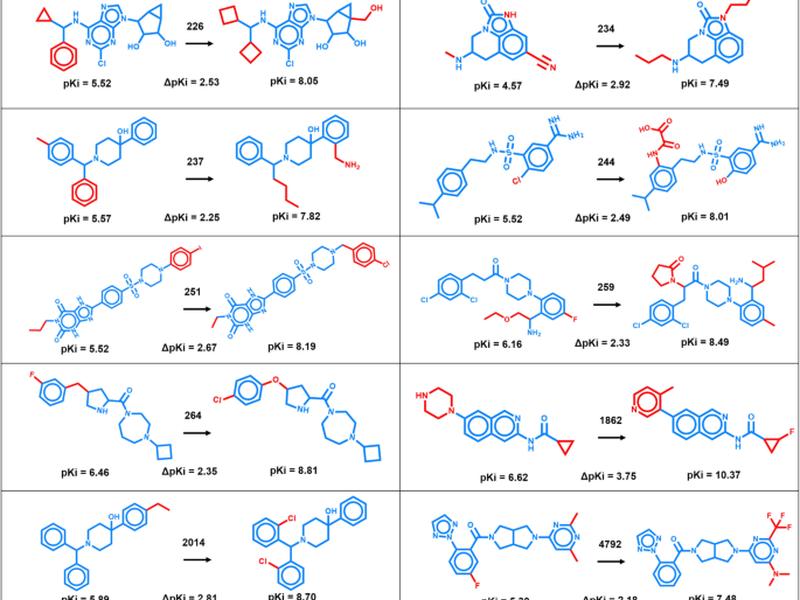This study explores the use of meta-learning for the prediction of potent compounds via generative design using transformer models. Meta-learning models were derived to predict highly potent compounds from weakly potent templates in the presence of varying amounts of fine-tuning data and compared to other transformers developed for this task. Results showed that meta-learning consistently led to statistically significant improvements in model performance, particularly when fine-tuning data were limited.

